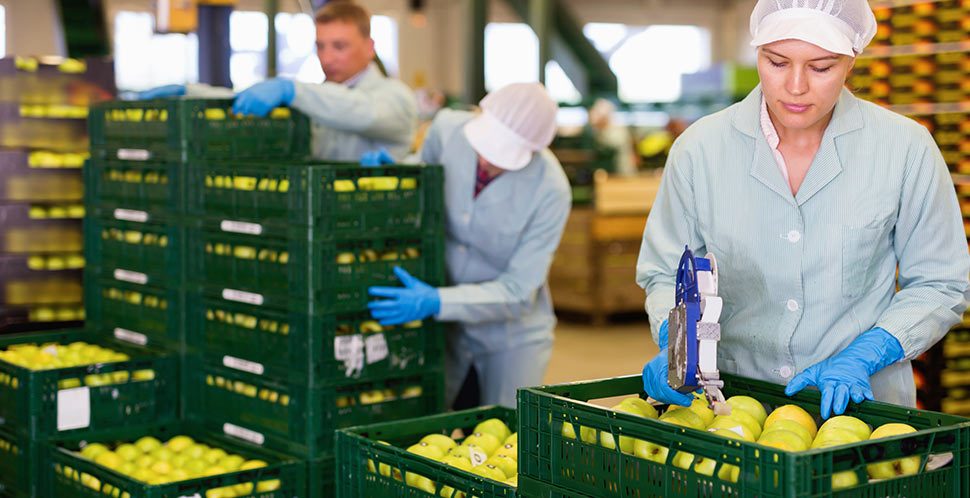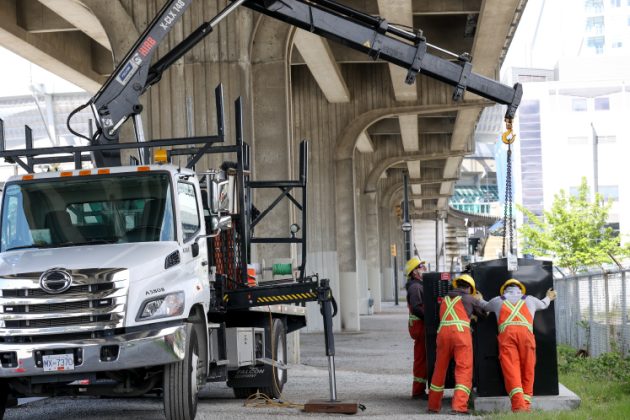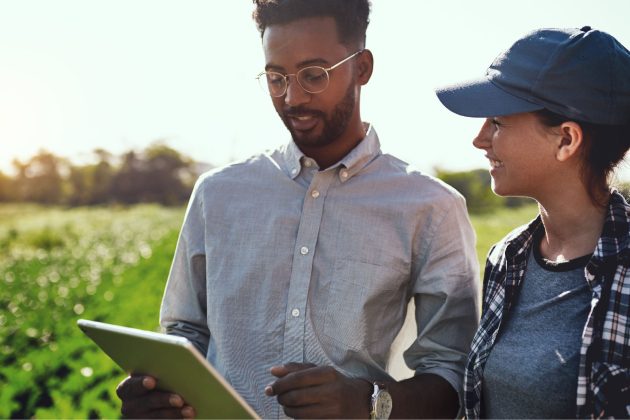City of Vancouver, Vancouver Economic Commission, Emily Carr University of Art + Design and Mitacs partner on circular economy initiative to tackle avoidable food waste
As food prices rise, many Vancouverites are feeling the effect on their budgets. Impacts on our local food industries from extreme weather events and supply chain interruptions are highlighting the importance of eliminating avoidable food waste across Vancouver. Through the Vancouver Economic Commission’s Economic Transformation Lab (ETL), and in partnership with Emily Carr University of Art and Design and Mitacs, the City has created the Circular Food Innovation Lab to test solutions to this problem.
Vancouver’s food distributors, processors, restaurants, grocers and other food businesses are invited to participate in the Circular Food Innovation Lab, which begins April 27, 2022 and is expected to wrap up by January 2023.
“The Circular Food Innovation Lab is one of the ways we as a City are supporting Vancouver businesses, during such an important recovery period, by giving them the tools to reduce their food waste and costs,” says Mayor Kennedy Stewart. “Thank you to our partners with the Vancouver Economic Commission, Emily Carr University of Art and Design, Carbon Neutral Cities Alliance and Mitacs for helping to make this important work a reality.”
The Circular Food Innovation Lab can help participating businesses:
- Explore ways to risk-proof their business and adjust to rapid change and uncertainty;
- Increase profits by reducing costs related to food waste;
- Learn from fellow food businesses tackling similar challenges;
- Access free expertise, tools, and services to reduce food waste;
- Inform future policies to prevent and reduce wasted food in Vancouver’s food supply chain;
- Develop, prototype, and test innovative food waste solutions that show leadership in their industry; and
- Contribute to the formation of an industry-led task force to solve wasted food in Vancouver.
“Vancouverites are paying more attention to the issue of food loss and waste and so are we,” says Bryan Wong, BC Produce Marketing Association President. “BCPMA is calling for more decisive action and looks to education and planning to equip our members with new ideas. The Circular Food Innovation lab is an opportunity to collaborate with companies throughout the food chain towards circular solutions so food grown for people doesn’t go to waste.”
“The Circular Food Innovation Lab is an opportunity to join forces with like-minded businesses as they develop new strategies that eliminate wasted food on-site as well as upstream, and downstream of distribution,” says Meg O’Shea, Senior Manager of Economic Transformation at the Vancouver Economic Commission. “This lab will begin a rich dialogue embedded in learning and acting beyond the topic of reducing food waste to explore the opportunities presented by operating in a just circular food economy.”
Food waste is a widespread issue: in 2019, the Canadian food industry lost an estimated $39 billion in revenue due to 8.79 million tonnes of avoidable, unplanned food waste. In Vancouver alone, businesses discarded 25,000 tonnes of edible food that year, an amount equal to 37,000 meals lost.
Investing into initiatives to reduce food waste yields ready dividends: a 2017 study by the World Resources Institute found that for every dollar invested in preventing or reducing wasted food, businesses could save $14.
Improving the circularity of food also benefits the planet. Producing uneaten food results in a whole host of greenhouse gas emissions at every stage, including the release of methane – a greenhouse gas 25 times more potent than carbon dioxide – once food makes its way to the landfill. According to Project Drawdown, food waste contributes to nearly eight percent of global emissions.
“Wasted food is the low-hanging fruit of the emissions reduction world. And with food prices soaring, the public and political will is there to make our food systems more efficient and more sustainable,” says Michael Shank, co-director of the Carbon Neutral Cities Alliance. “Now is the time to lead. Vancouver’s innovation in this circular space is critical and we at the Carbon Neutral Cities Alliance look forward to leveraging their lab’s lessons-learned for the benefit of our entire city network.”
For more information on the Circular Food Innovation Lab, or to apply to participate, visit vancouver.ca/food-innovation-lab.
Media contact:
Civic Engagement and Communications
media@vancouver.ca



